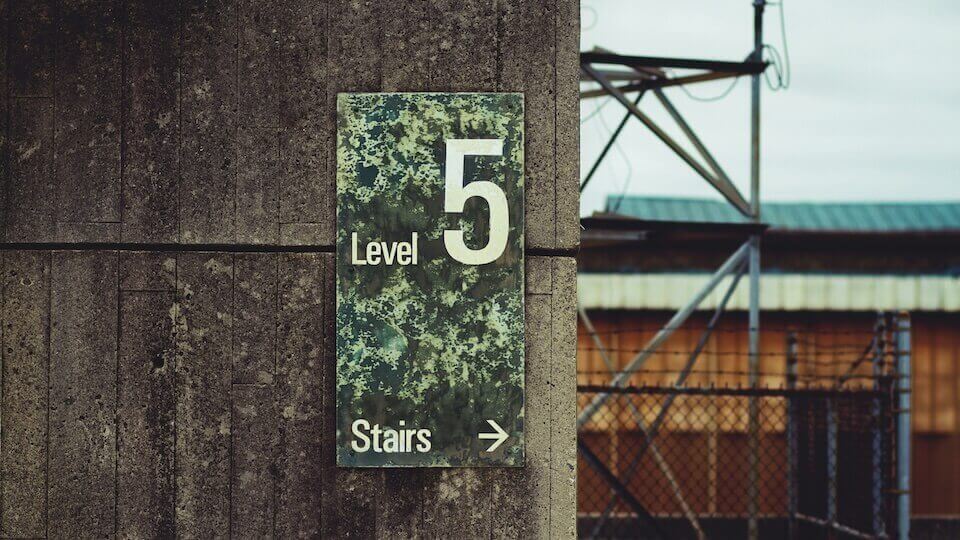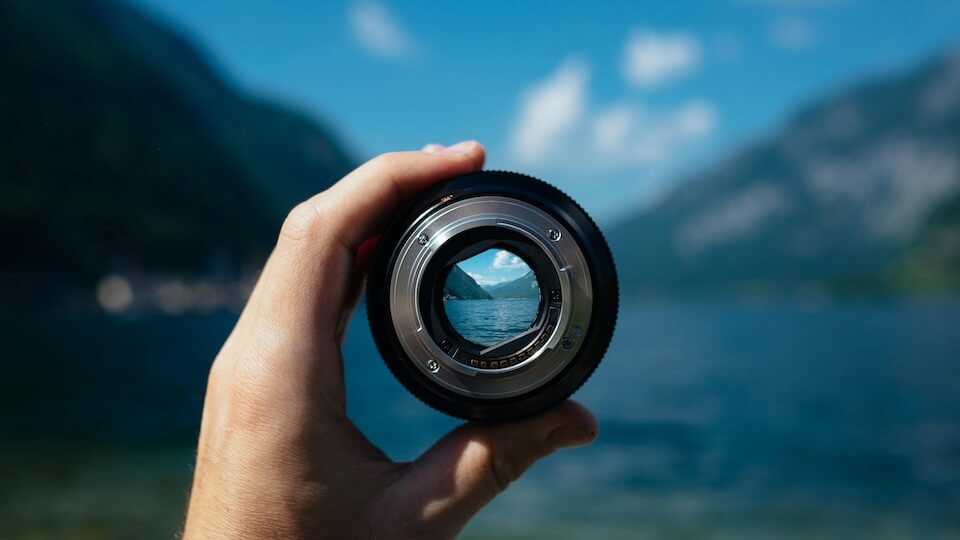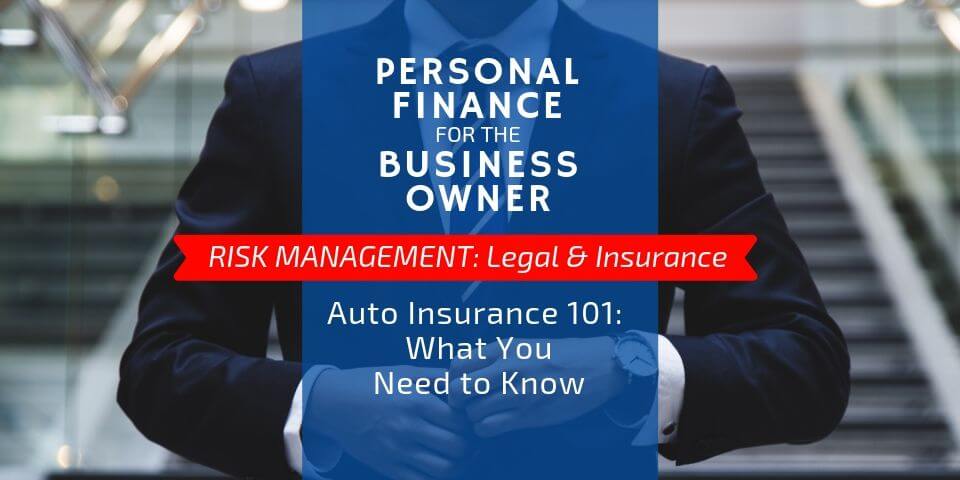
Auto Insurance 101 – What You Need to Know
July 18, 2019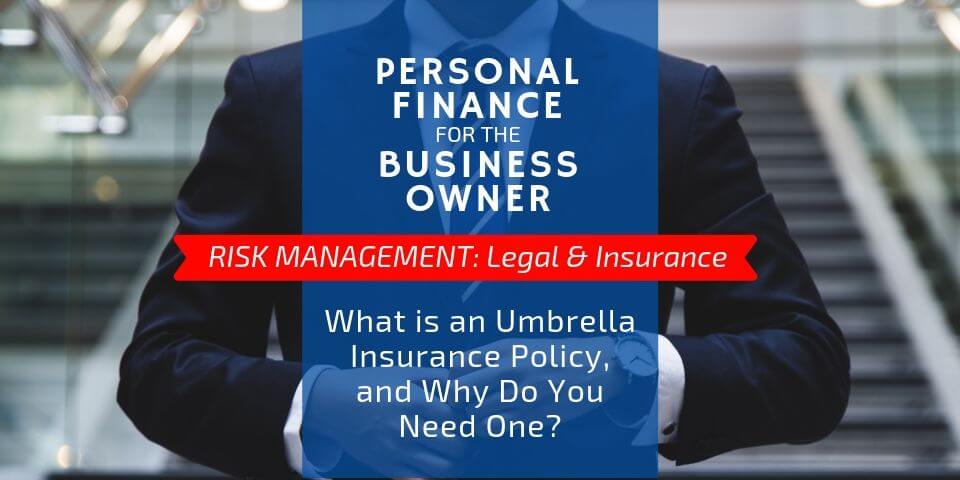
What is an Umbrella Insurance Policy and Why Do You Need One?
July 25, 2019Are You Adequately Covered? Review Your Homeowners Insurance Policy
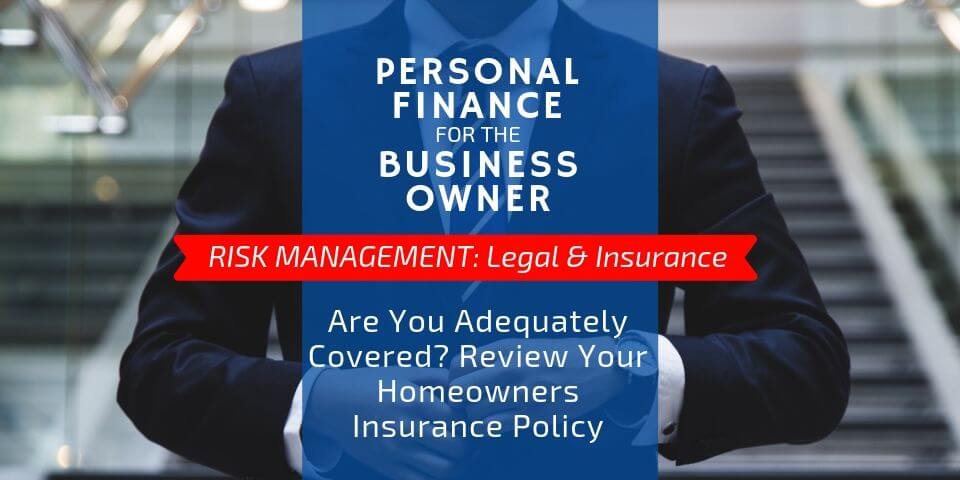
After helping hundreds of business owners with their personal and business finances over the years, I’ve learned a few things. One of the most interesting things I’ve learned is that people rarely review their homeowner’s insurance policy once they purchase it. However, property values tend to rise. The coverage you had on your house ten years ago is probably not the amount of coverage you need on it today. Therefore, you should probably review your homeowner’s insurance coverage yearly to make sure you are adequately covered. Here’s what you need to know.
Follow Along With The Financially Simple Podcast
Podcast Time Index for “Home Owner’s Insurance 101”:
- 00:55 – Home Owners Insurance 101
- 01:46 – What is a Home Owners Insurance Policy?
- 02:12 – Why is it Important?
- 03:25 – What Does it Cover?
- 06:48 – Scheduled Coverage
- 08:43 – How Much Home Owners Insurance Do I Need?
- 13:26 – How Do You Purchase a Policy?
- 15:40 – Review Often
- 16:30 – Wrap Up
What Does Homeowners Insurance Cover?
Although homeowners insurance is not a federal requirement like auto insurance is, mortgage lenders typically require borrowers to carry it. Why? Because it covers property damage, property loss, and personal liability.
Property Damage and Loss
First of all, homeowners insurance will cover the costs (minus deductibles) to replace, repair, or rebuild your house, your exterior structures, and your belongings should natural or man-made disaster strike. For instance, if a hail storm destroys your roof, homeowners insurance should cover the costs to replace or repair your roof. If fire engulfs your house, your detached garage, and your she-shed, homeowners insurance will help you rebuild and replace what you’ve lost. And if a thief breaks in and steals your valuables, your homeowner’s policy will help you replace them. Should disaster make your house uninhabitable, your homeowner’s policy should also help you pay for alternative living arrangements while your house is being repaired or rebuilt.
Personal Liability
Additionally, homeowners insurance provides you with liability coverage should something happen to visitors when they’re on your property. For instance, if a friend slips and falls on your porch steps, your homeowner’s insurance will come in and help cover his medical expenses and your legal expenses (if necessary). If your dog bites a neighbor when she’s at your house, homeowners will kick in and cover necessary medical and legal expenses.
Exclusions
Unfortunately, many homeowners policies exclude damage from certain types of disasters. For instance, your policy may cover property damage caused by hurricanes. However, it doesn’t cover flood damage. That could be problematic.
Let’s say your house survived the Armageddon of hurricanes unscathed, but subsequent floodwaters rushed into your house, destroying your floors, walls, and belongings. Since the floods caused the damage, not the hurricane itself, your homeowner’s policy wouldn’t cover your costs to clean up, replace, repair, and rebuild.
Similarly, many homeowners policies don’t cover property damage caused by sinkholes or vandalism, so you need to check your policy and see what types of disaster damage it does cover. If you need additional coverage, you may have to purchase additional policies like flood insurance, vandalism insurance, etc.
Additional Riders
Another time I see homeowners have trouble with their insurance policy is when they have unique or expensive property or collections in their homes. Your standard coverage will replace “standard” personal property worth a couple of thousand dollars. However, most people I know have property worth way more than that. In fact, my wife’s wedding and engagement rings are worth more than that. Some collection of firearms is worth more than that. Friends of mine have fine art, coin collections, furs, or antiques worth more than that.
If you have personal property items worth more than a couple of thousand dollars, you’ll probably need to add a rider – “scheduled coverage” – to your standard policy. Although you may owe more in premiums, oftentimes you won’t owe deductibles with scheduled coverages.
How Much Homeowners Insurance Coverage Do You Need?
So just how much insurance coverage do you need?
Enough to Replace Your Structure
Obviously, you need to cover the structure of the home. However, this isn’t necessarily the value of the house when you purchased it. It’s the replacement value.
You may have bought a house for $200,000 back in 2008 when the housing market was suffering. However, the housing market is booming in 2019, and your house could be worth $400,000 or $600,000 now. If your house were to burn down or get blown off its mountaintop, then you’d have to pay someone $400,000 or $600,000 to replace the house as it was, not $200,000. So if your policy only covered $200,000 – your purchase price – you’d be in a pickle.
Enough to Replace Your Belongings
The other thing you want to cover is your personal property – your personal belongings. This is everything inside your house: your clothes, your towels, your silverware, your televisions, your furniture, your books, etc. You want to make sure you have enough coverage to replace everything inside your house.
Oftentimes, homeowners policies will cover personal property up to 50% or 75% of the house’s value. So if you have a $100,000 house, insurance may only give you $50,000 to replace the items in your house. Friends, if you start figuring up what it would cost you to replace the things you own in your house, many times, you’ll blow through the personal belonging limits. Therefore, I often tell my clients to archive everything in your house. Take a phone or a video camera and walk through every room. Open every drawer, cabinet, or door and describe everything you see. Then, get a homeowners policy that will cover the replacement value of what you actually own.
Enough to Protect Your Assets
Finally, you want to make sure you have enough liability protection to cover medical or legal expenses that could arise due to accidents or disasters in your home. You don’t want to owe anything out of your own pockets. Thus, if you have $100,000 to $300,000 of liability coverage, you may want to purchase $300,000 to $500,000 of protection. If you’re operating your business within your house, you may even add a rider to your homeowner’s policy to protect you if there’s an accident that happens while someone’s at your house for business purposes.
How Do You Purchase a Policy?
So as I wrap up this fun conversation about homeowners insurance, how do you purchase a policy? Well, I’ve already talked about the difference between a captive insurance agent and a broker. It doesn’t matter which way you go. Both are going to ask you basic questions.
First, they’ll want to know about your house. How is it made? Is it stick-built, stone, or veneer? Is the exterior vinyl siding, stone, brick, or stucco? What style of house do you have? Craftsman? Ranch? Colonial? How many bedrooms and bathrooms do you have? How many total rooms are in the house? What types of flooring are installed? What’s your roof made of? Is your house custom or spec built? Are there upgrades to floors, kitchens, or bathrooms?
Then, they’ll want to know if you have any other structures on your property. Do you have garden sheds, pool houses, or a pool? How big are they? What are they made of? What’s in them?
Finally, they’ll ask if you have a dog because owning certain breeds could increase your personal liability which would increase your liability coverage and premiums.
Review Your Homeowners Insurance Coverage
The best advice I can give you at this point is to review your homeowners’ insurance policy. Just because you bought a good policy from a decent insurance agent doesn’t mean it’s still the best one for you. Personally, I review my homeowners’ policy yearly. Specifically, I’m looking at my house’s current value compared to the replacement value coverage I have on it, and I’m looking at the value of my personal belongings compared to the replacement value coverage I have on them. As the value of my house and my belongings increases, I want to make sure my homeowners’ policy increases to cover it.
I hope this article helps you protect yourself and your business from the unexpected. Lean on the expertise of a good agent to help you pick the right types of business insurance for your particular needs. If you would like to learn more, take a look at Auto Insurance 101 – What You Need to Know


